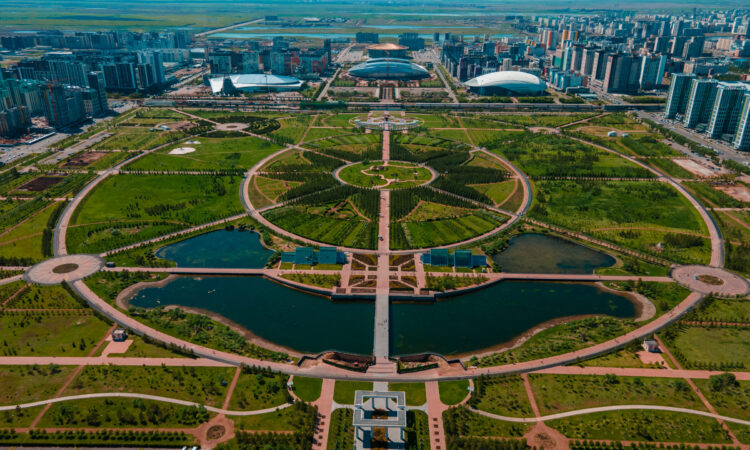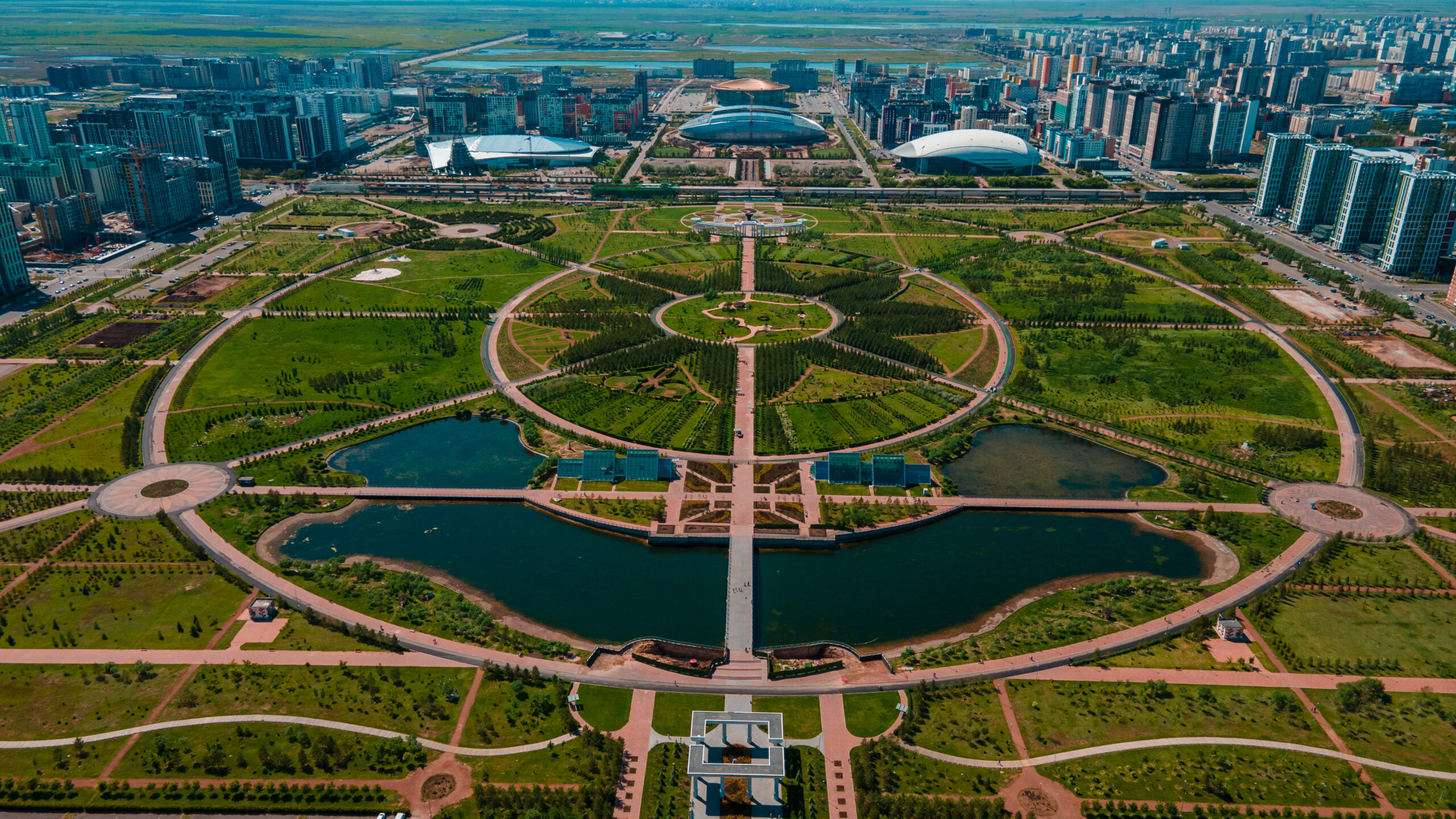
ASTANA – The Astana Times has selected articles from global media outlets covering Kazakhstan. This week’s foreign media digest includes articles on Kazakhstan’s economy, EU-Kazakh mineral cooperation, and more.

Botanical Garden in Astana. Photo credit: The Astana Times
Kazakhstan’s economic success: a journey of transformation and growth
EU Reporter published an article on June 18 exploring “the key factors behind Kazakhstan’s economic achievements and the ongoing efforts to ensure its future prosperity.”
According to the article, following its independence in 1991, Kazakhstan faced significant economic challenges. The transition from a centrally planned economy to a market-based system was fraught with difficulties, including inflation, unemployment, and the need to establish new economic institutions. However, the country quickly embarked on a series of reforms aimed at stabilizing the economy and laying the foundation for long-term growth.
Wild horses return to Kazakh plain after centuries
Endangered wild horses have returned to the Golden Steppe of Kazakhstan for the first time in at least 200 years after decades-long efforts, reported the BBC on June 13.
The airlifts of seven Przewalski’s Horses from Europe to the Central Asian country took place in early June in an operation run by Prague Zoo.
Researchers told the BBC that the horses are already doing well two weeks in: roaming around the plains and even beginning the mating process.
Reliable Investment Key to EU-Kazakh Mineral Cooperation
The Geopolitics published an article by Kanat Sharlapaev, Kazakhstan’s Minister of Industry and Construction. He writes that critical raw materials will play an indispensable role in propelling Kazakhstan’s industrial development, economic growth and transition to more renewable sources of energy.
“As a leading producer of these resources – including half of the critical minerals vital to the EU economy – Kazakhstan holds a pivotal role in driving essential climate action initiatives in Brussels and beyond. As Minister, I am fully dedicated to realizing and maximizing this potential for the benefit of our nation and our partners around the world,” Sharlapaev writes.
The article notes that the EU and Kazakhstan have already made significant strides in enhancing cooperation. In 2022, a memorandum of understanding was signed between Brussels and Astana, focusing on strengthening collaboration in sustainable raw materials, batteries, and renewable hydrogen value chains.
Kazakh KTZ Express, Romanian CFR Marfa review development of Middle Corridor
KTZ Express, a subsidiary of Kazakhstan Railways, and the Romanian CFR Marfa have considered the development of the Trans-Caspian International Transport Route (TITR, or the Middle Corridor), reported Trend on June 20.
Representatives of the companies noted the need to expand the presence of KTZ Express on the route from the port of Constanta to Budapest – a further distribution hub for cargo throughout Europe.
Representatives of CFR Marfa reviewed the ongoing work to develop the transport and logistics industry in Kazakhstan.
Kazakhstan’s domestic violence legislation, a growing social policy partnership with Europe
Kazakhstan’s legislative reforms targeting domestic violence are at a pivotal moment, with new laws taking effect on 16 June which aim to protect women and children. By aligning with European standards and fostering international collaboration, Kazakhstan is seeking to establish zero tolerance for domestic violence, reported Euractiv on June 15.
Lawmakers view the road ahead as requiring continuous efforts to challenge cultural prejudices, promote gender equality, and ensure a safer future for all Kazakh citizens.
“The reason I am passionate about this law is because in Kazakhstan we have a different attitude toward family. It is a true value of our people, and this new law is very important to protect our families,” Artur Lastayev, Human Rights Ombudsman and Commissioner of Human Rights told Euractiv.






